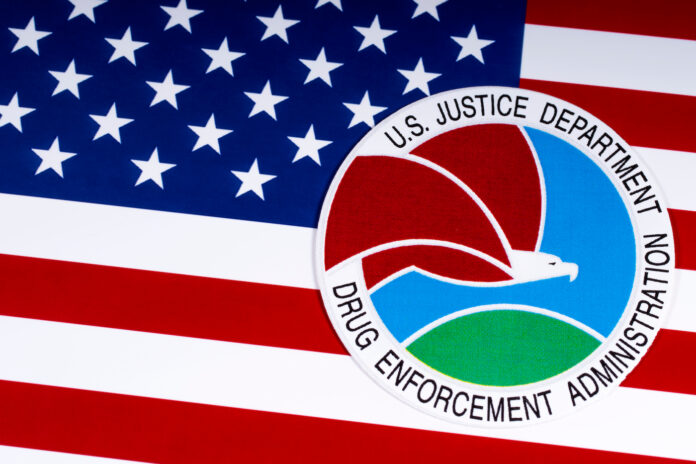WASHINGTON – Law-enforcement agents seized nearly 5.7 million cultivated cannabis plants in 2022—the highest total since 2011—according to annual data compiled by the U.S. Drug Enforcement Administration. At the same time, cannabis-related arrests declined by 24 percent, from 6,606 in 2021 to 5,061 in 2022.
According to figures published in the DEA’s Domestic Cannabis Eradication/Suppression Program Statistical Report, last year’s total plant seizures represented a slight increase (three percent) over 2021’s total. Agents also reported confiscating nearly 37,000 THC-infused edibles products and 60,000 concentrates.
As in past years, the majority of all DEA-related seizures (88 percent) and arrests (52 percent) took place in California. Despite adult use being legal, the state continues to serve as the primary provider of unregulated cannabis throughout the United States. California’s high tax rates and municipal bans on cannabis retailers have made it difficult for the legal market to supplant the unregulated marketplace.
More than 4.9 million marijuana plants were confiscated in California, according to the report. Law enforcement also reported confiscating large quantities of cultivated plants in Oklahoma (342,746), Kentucky (184,295), and West Virginia (50,301), where recreational use remains prohibited.
“Spending billions of taxpayers’ dollars to enforce federal cannabis prohibition, putting law-enforcement officers in unnecessary danger, and hampering the implementation and effectiveness of state-regulated markets are clearly not the answers to this issue,” said NORML Political Director Morgan Fox. “Rather, federal and state governments should work toward furthering sensible policies that facilitate regulated cannabis markets and work to repair the harms caused by nearly a century of prohibition.”
Survey results from the United States and Canada have shown legal markets can displace the unregulated cannabis market over time. According to data compiled by New Frontier Data, most consumers residing in jurisdictions where adult use is legal now report obtaining their products primarily from brick-and-mortar retailers.
Federal agents and their local partners also reported seizing $45 million in assets in 2021 as part of the program—less than half the $103 million in assets seized in 2020.










